The UK’s electric vehicle (EV) future hangs in the balance, with used values “falling relentlessly”, costing the fleet and leasing sector hundreds of millions of pounds.
That’s according to the annual Road to Zero report, published by the British Vehicle Rental and Leasing Association (BVRLA), which explores decarbonisation progress across vehicle supply, demand and infrastructure.
Toby Poston, chief executive at the BVRLA, said: “The UK’s transition to a zero-emission future is in its most challenging period.
“On the plus side, corporate demand for electric cars remains solid and salary sacrifice schemes continue to democratise access to EVs for hard-to-reach demographics.
“Offsetting that positivity is what’s happening in the used market. Used EV values are falling relentlessly, destroying value on an epic scale.”
The average used EV price has fallen 46% between 2021 and 2024, compared to 19% for cars with an internal combustions engine (ICE).
This “death by a thousand cuts”, according to Poston, is costing the industry “hundreds of millions of pounds and eroding confidence”.
“We know the Government is listening,” he added. “The £1.8 billion committed to support EV uptake last month could make a difference, and we’ll continue to work with government to highlight how this money can achieve the best return on investment.”
Overall, the 2025 report shows how targeted incentives are continuing to support electric vehicle adoption via leasing, be that personal or business.
Where comparable incentives are not available – such as in the rental sector or among van users – progress remains slow.
Further still, utilisation rates of electric vehicles in the rental sector have decreased year on year, underlining how challenging the transition is in that part of the industry, says the BVRLA.
Business leasing drives zero-emission uptake
Demand for business leasing is being driven by effective incentives and continued growth in battery electric vehicle (BEV) adoption among company car and salary sacrifice schemes, says the BVRLA.
More than 70,000 BEV vehicles were delivered via salary sacrifice schemes in 2024.
Business contract hire (BCH), the largest leasing product, also contributed to this trend, with market share of electric vehicles increasing from 37% in 2024 to 44% in 2025, and the share of new registrations increasing from 44% to 54%.
Battery electric vans, meanwhile, reached a 7.6% market share in May 2025, up from 4.7% in June 2024, which is reflected in BVRLA business leasing figures showing a rise from 3.4% in Q4 2023, to 6.6% in Q4 2024.
This is despite a 11.8% fall in total LCV registrations in May, marking the sixth consecutive month of decline.
That downward trend continued in June, with the latest figures showing a 14.8% drop in June.
Despite encouraging signs of growth, and more than 40 BEV models to choose from, zero-emission vans continue to fall short of the ZEV Mandate target – 16% in 2025.
Continued weak demand is being attributed to concerns over product suitability, with range, payload, cost, and regulatory uncertainty, cited as key barriers preventing electric vans from meeting operational needs of many businesses.
Personal leasing demand has increased to 28% of new registrations from 16% —reflecting growing consumer interest in electric vehicles (EVs), says the BVRLA.
However, it remains behind business leasing as there are not the same incentives driving demand.
The BVRLA believes that additional costs, such as the expensive car supplement from April 2025, may reduce the number of those opting for a BEV on a personal lease.
A dual challenge of weakening residual values, pushing up lease rates, and the flexibilities now offered to OEMs in the ZEV Mandate, possibly reducing discounts, might reverse the strong demand growth, it argues.
Fleets in Charge conference
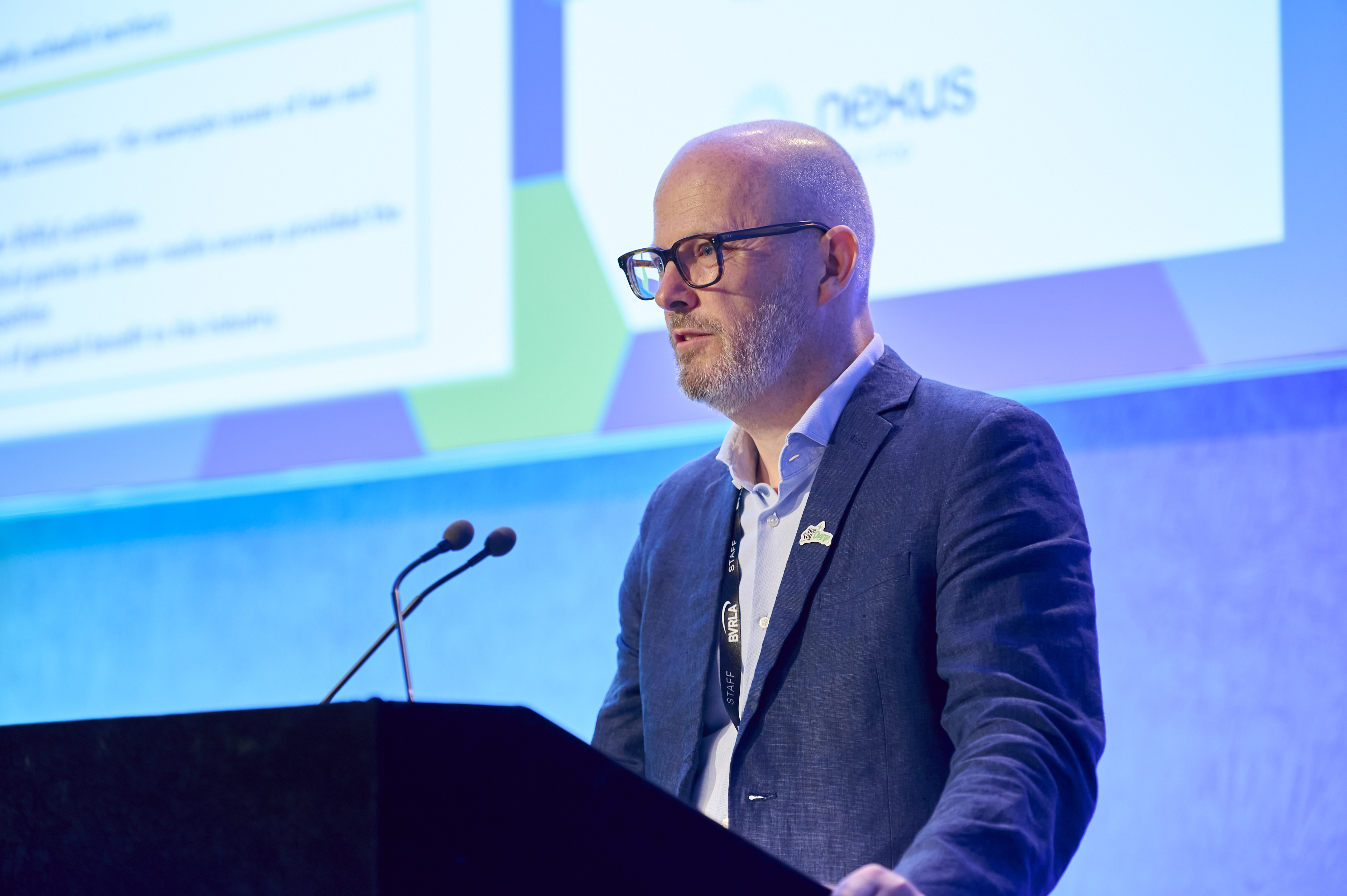
The updated Road to Zero Report was launched as part of the BVRLA’s annual Fleets in Charge conference.
Delegates also heard from the minister for the future of roads, Lilian Greenwood, who outlined where the Government is taking steps to support road transport decarbonisation.
She said: “Transport is the engine of our economy and its success is key for delivering our climate and growth missions.
“The transition to zero emissions cars, vans and HGVs, brings huge opportunities to futureproof our world class automotive and logistics sectors and secure the long-term sustainable growth this country needs.
“I welcome BVRLA’s Road to Zero report and look forward to continuing to work alongside industry on this journey to deliver our joint goal of a greener and more prosperous future.”
The Road to Zero Report, produced in association with Ricardo, presents hard data supported by expert analysis and commentary.
With charging often cited by drivers and operators as a key barrier to transition, the Road to Zero report card shows that deployment of charge points continues to progress on the exponential curve required to reach 300,000 by 2030.
Through its Bon VoyCharge campaign this summer, the BVRLA is highlighting that an effective charging network is not just about the number of charge points in the ground, but matching the speed and accessibility with the key use case in a given location.

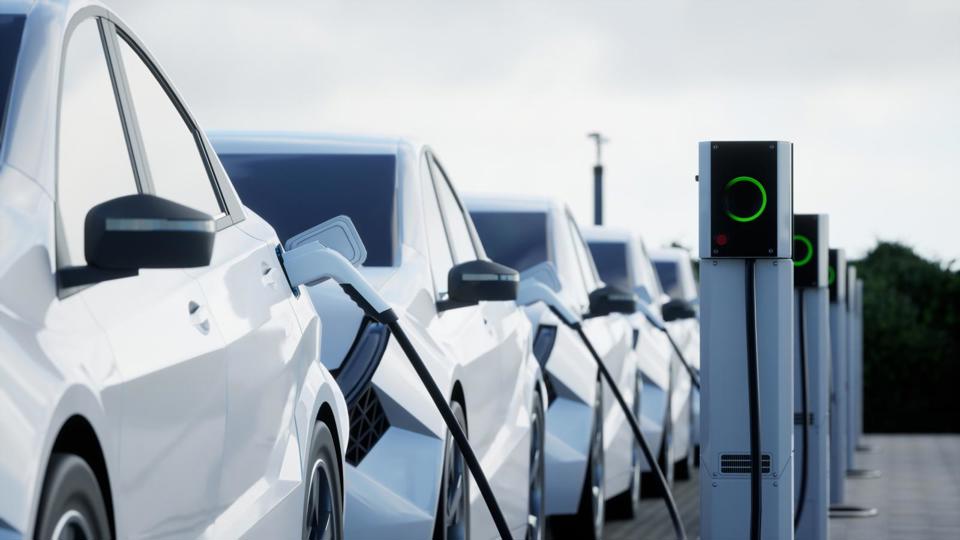
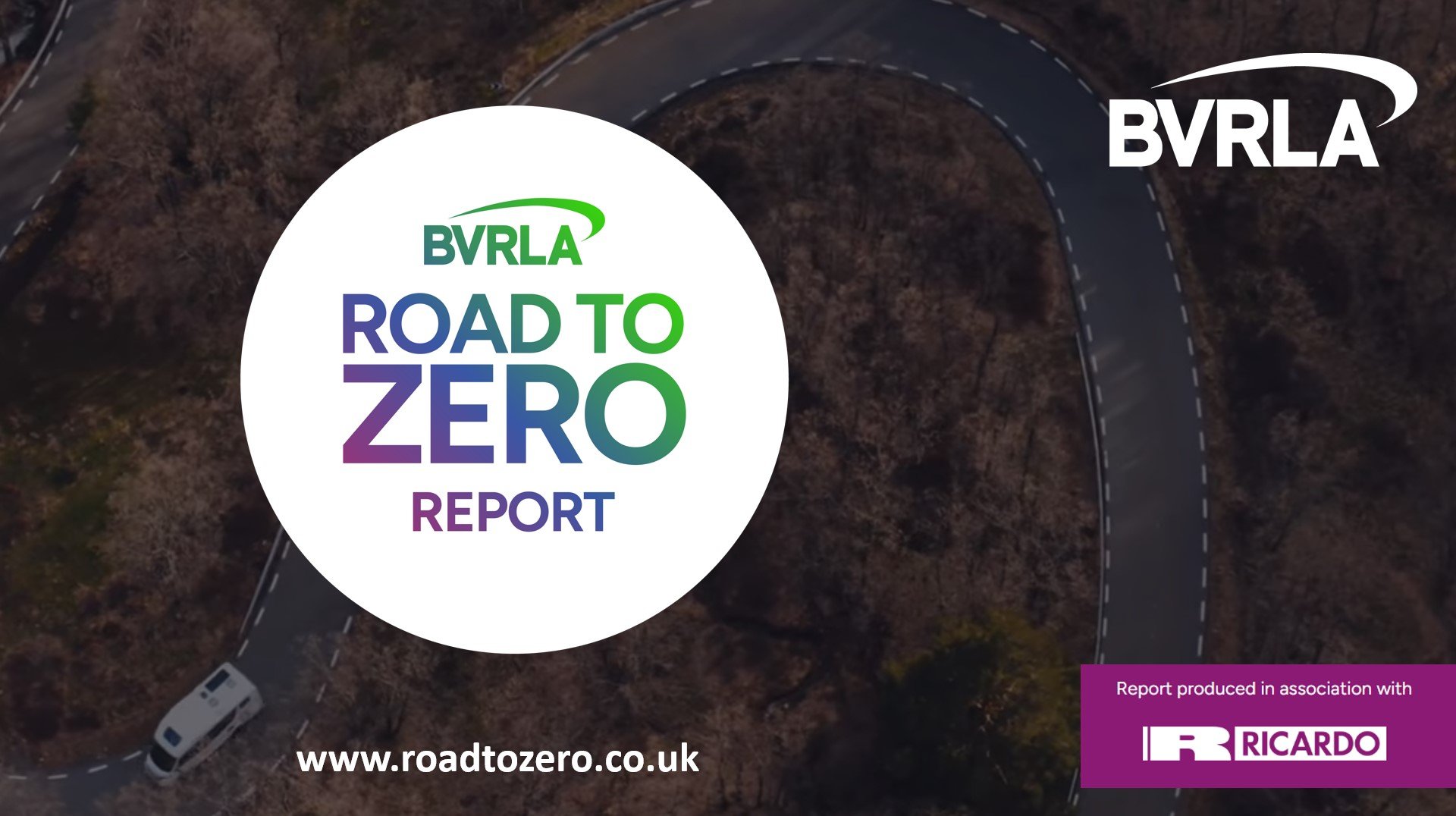
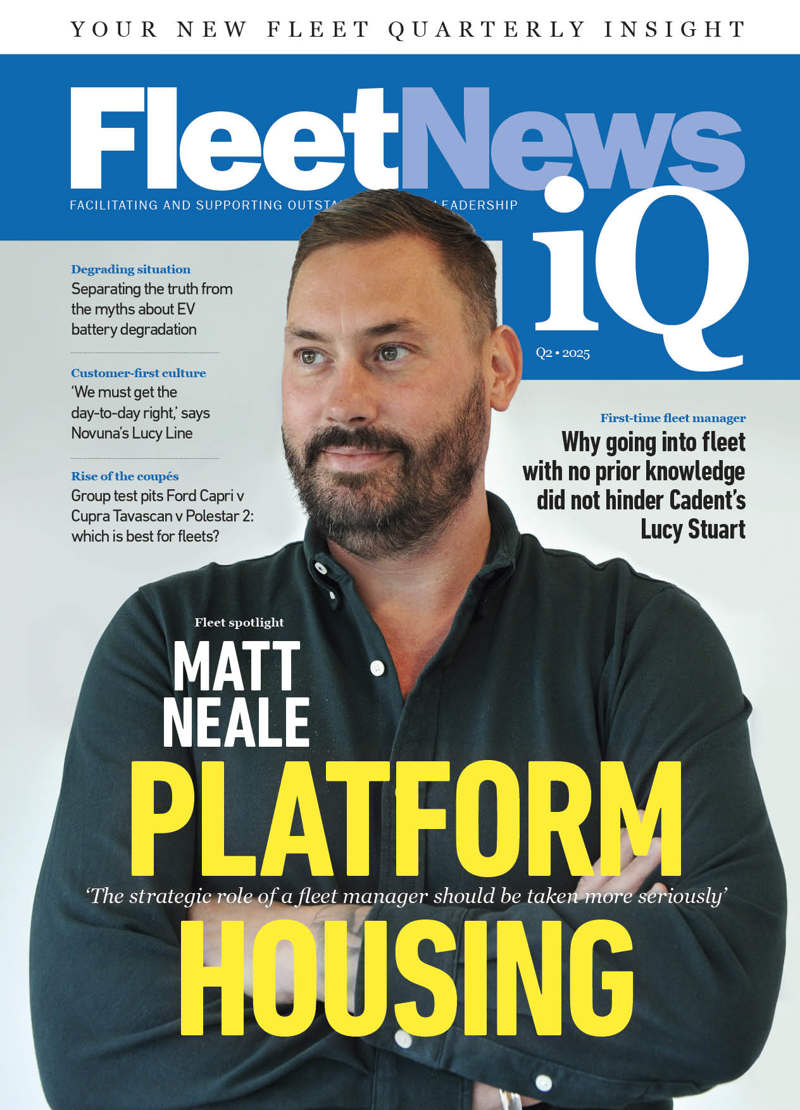




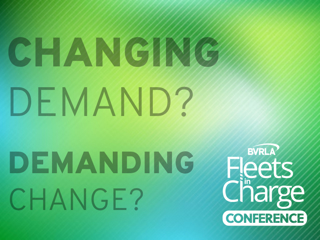









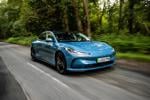


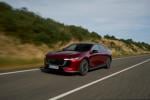



Login to comment
Comments
No comments have been made yet.